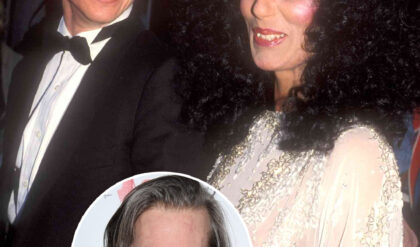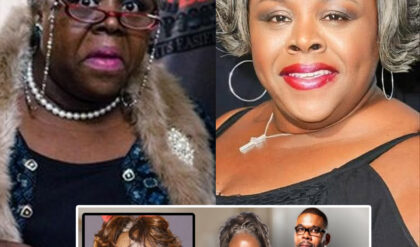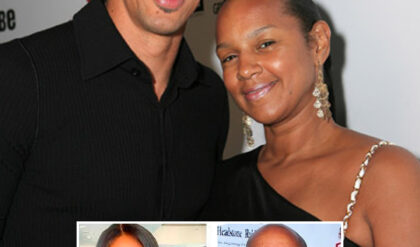Paula J. Parker: How Rejecting Harvey Weinstein Impacted Her Career and Life
Paula J. Parker’s story is one of resilience, talent, and perseverance in the face of systemic barriers and personal challenges within Hollywood. Born on August 19, 1969, in Cleveland, Ohio, Parker experienced early adversity, transferring schools due to racism before attending Howard University, where she earned a Bachelor of Fine Arts.

Her journey to stardom began in the 1990s, navigating the entertainment industry with her unique charisma and versatility.
Parker’s breakout role came in 1995 with the film Friday, where her portrayal of the fiery and humorous Joy captivated audiences. The same year, she received acclaim for her performance in the science fiction anthology Cosmic Slop, which earned her a CableACE Award.
This recognition marked her as a rising star, showcasing her talent for both comedy and drama. She went on to feature in films like Sprung, Why Do Fools Fall In Love, and Tales from the Hood, as well as television shows including The Wayans Brothers. These roles underscored her ability to navigate a wide range of genres, setting her apart from her peers.

In 2001, Parker made her voice-acting debut as Trudy Proud in Disney Channel’s The Proud Family. The show was groundbreaking in its portrayal of a Black family in animation, and Parker’s role became beloved by audiences. She reprised this role for the series’ reboot, The Proud Family: Louder and Prouder, further cementing her connection to the character.
Despite her successes, Parker’s career trajectory was not without difficulties. As an actress who declined inappropriate advances from Harvey Weinstein, she faced career setbacks and industry retaliation.
Hollywood’s systemic preference for malleable talent often led to her being sidelined, replaced, or typecast. Reflecting on these challenges, Parker openly shared that rejecting Weinstein’s demands meant she was systematically punished, losing opportunities and projects she had initially secured.
This professional marginalization compounded with personal struggles, including financial instability and homelessness. Yet, Parker’s resolve never wavered. She continued to deliver standout performances in films like Hustle & Flow and Idlewild, and later ventured into music with her 2016 album Paula J. & Friends. These efforts highlighted her enduring creativity and drive.
In the mid-2010s, Parker revisited television with roles in Hollywood Divas, True Blood, and other shows, reflecting on the unique hurdles Black actresses face in the entertainment industry. Her honesty about the costs of rejecting industry power structures shed light on the darker aspects of Hollywood.
Parker’s journey underscores a broader narrative of resilience against an entertainment system that often undervalues Black talent while enabling exploitation. Her career serves as both an inspiration and a cautionary tale, reminding audiences of the perseverance required to navigate Hollywood. Despite the challenges, Paula J. Parker continues to be a force of talent, inspiring the next generation of artists to demand better representation and respect within the industry.





